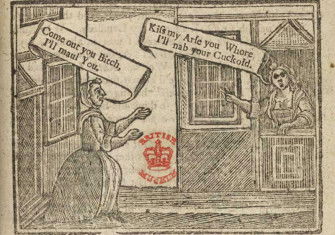Reflecting on the Past
A valedictory column provides a chance to reflect on a decade grappling with what history is and how it should be written.

In the last ten years, I’ve written some 50-odd columns for this magazine – enough words to fill a small book. They add up to a manifesto of how I think we should do history, the value of history in the public sphere, and the importance of historians. In this – my valedictory column – I ask your indulgence to analyse what I’ve been trying to say.
Unsurprisingly, I have demonstrated my belief that the study of history has the power to teach valuable lessons: that our discipline can engage both critical faculties and emotional facilities. The historical method provides us with a way of evaluating the torrent of information we receive in the present, while spending time with the people from history can hugely expand our capacity for empathy.







